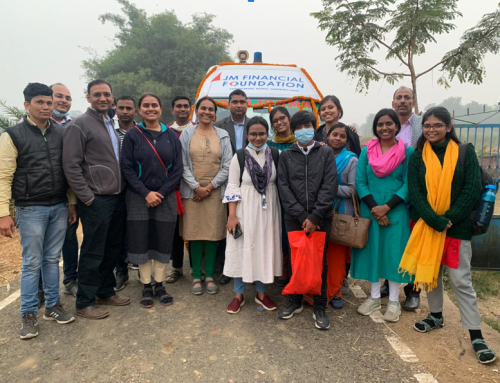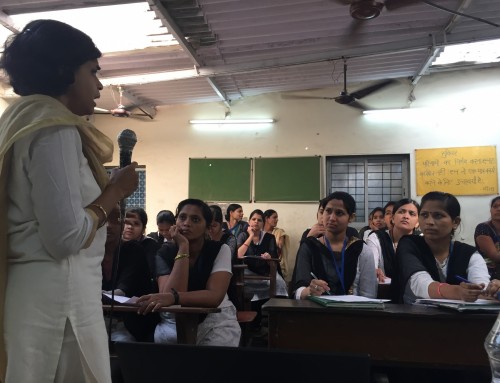The pandemic has brought significant change to the epilepsy and third-sector communities. As a charity specialised in supporting those bereaved by epilepsy, and dedicated to preventing epilepsy deaths, our funding evaporated when UK lockdown hit. Our small team had to quickly develop new ways of meeting the increased demand on our services, with fewer resources; made more challenging by receiving no Government support.
Despite this, SUDEP Action launched three research projects to understand the impact of COVID-19 on people with epilepsy and their carers, healthcare workers, and on those bereaved by epilepsy. As the more we learn, the better we can support these communities to hopefully reduce risks, improve wellbeing and save lives.
Working alongside University of Oxford, and supported by international researchers and clinicians, our epilepsy risks surveys have received over 1,250 responses worldwide. Initial findings show an alarming rise in epilepsy-mortality risks and marked disruption to epilepsy services. 34% of people with epilepsy reported changes to their health since the pandemic began, mentioning worsening mental health, concerns over other health conditions, and sleep difficulties. A third of those reporting health changes also saw worsening seizures:
“I am not currently being seen by my specialists…it’s worrying. I would have to travel to London for treatment…Also, shortages/slow prescriptions are scary too – as I go into status if I don’t have them. I’m worried the stress will bring on a big one…My seizures have been much more frequent too”
Of the patient respondents, only 14% say they’d had SUDEP (Sudden Unexpected Death in Epilepsy) discussions with their Healthcare workers, despite changes in their epilepsy and risks.
For many, these changes occurred in a context of reduced epilepsy services, with 26% reporting difficulties in receiving care. We are also seeing an impact on their wider lives, with concerns shared about finances, employment and access to key resources (eg: food, prescriptions and transport).
Epilepsy healthcare workers reported they now increasingly use teleconference clinics, though 79% state they’re not as confident in managing patients this way. Many also expressed concerns about diagnosing patients currently. Concerns were also expressed that patients may not be engaging with their services, even if their epilepsy is worsening:
“We are wondering where have all the patients gone, and so you have a legitimate concern that patients might not be reporting…and might not make an appointment for an annual epilepsy review.”
The statistic of most concern is that only 44% of UK healthcare workers report discussing SUDEP with patients. Also, alarmingly 6% of Healthcare workers reported never discussing SUDEP, despite it being a national guideline recommendation since 2002.
At a time where services are remarkably different and distant, and where people with epilepsy are reporting rising risks – consistent, comprehensive epilepsy risks and SUDEP communication is vital. SUDEP Action’s free risk communication tools, the SUDEP and Seizure Safety Checklist and EpSMon app help bridge this communication gap, flagging if urgent support is required. We urge epilepsy risk communication becomes national standard practice, both now and post-pandemic.
From our work supporting hundreds of people bereaved by epilepsy, we have heard how the pandemic (& UK Government lockdown) is taking a toll on their grief. Our research with Newcastle University and the Epilepsy Deaths Register highlights the extent of this impact and the complexity this adds to their lives.
Over half of the 270 bereaved who shared their information experienced worsening sleep and have thought more about the person who died since the pandemic began. Overwhelmingly they felt their mental health had worsened, some experiencing more flashbacks and increased guilt over their loved ones’ death.
“During my time in isolation it was my son’s birthday. For the first time in 16 years I was not able to go to his grave to put fresh flowers or celebrate his life in any way…It was heart-breaking, like I had forgotten him, although this could never happen…”
Despite these negative impacts on their well-being, 67% reported difficulty accessing support networks. Feelings of isolation are common, and the impact COVID-19 has had on people’s usual ways of coping is immense.
The pandemic is far from over and its ripple effect will continue for some time. Yet it’s vital people with epilepsy are not left at risk and uninformed about how to self-manage their epilepsy and reduce risks. Resuming ‘normal’ epilepsy services promptly is crucial to provide support and expertise to help keep people safe. As those bereaved by epilepsy know – the cost of not getting this right can be far too high, pandemic or not.






